It all began with a simple report and ended in a four-year prison term. Nikola founder and former Chairman Trevor Milton was sentenced Monday after being found guilty of lying to the company’s investors after he made claims about the company’s technology that were untrue.
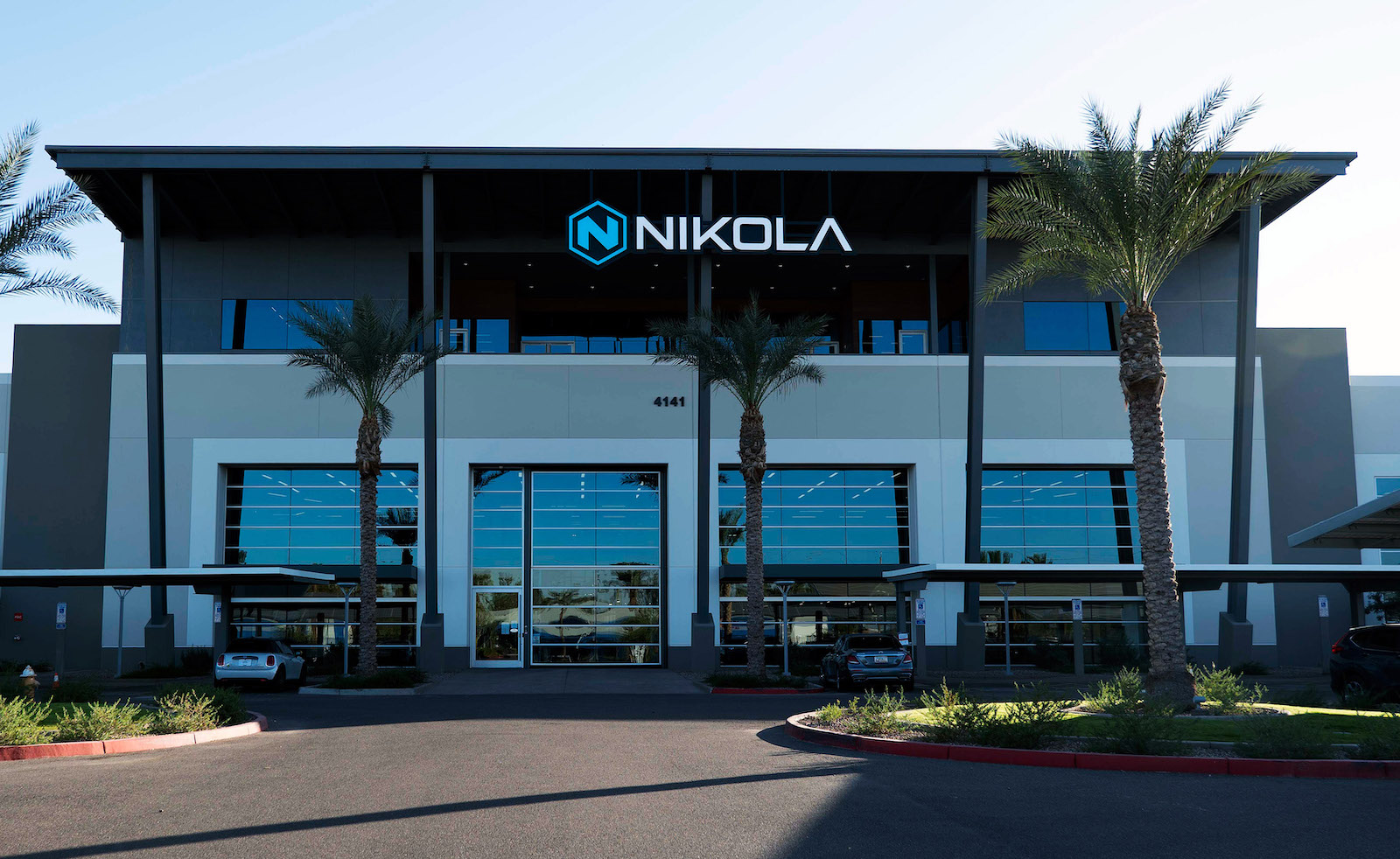
Nikola’s return from near death due to problems caused by founder and former Chairman Trevor Milton is nearly complete.
Milton, who was convicted in October 2022 of securities fraud and wire fraud, contends he was only guilty of being too optimistic about Nikola and its future. However, U.S. District Judge Edgar Ramos said he believes Milton was aware the statements he made about the company were false.
“As difficult as it may be for you or your family to hear, I believe the jury got it right,” Ramos said, Reuters reported.
The judge allowed Milton, 41, whose wife is recovering from an illness, to remain free on bail during his appeal.
Intentional deception
Prosecutors painted Milton as a corporate leader who more than stretched the truth about his company, its capabilities and its products. They said he intentionally misled investors by claiming the company produced a new fuel cell-powered pickup truck, the Badger, developed its own batteries and it’s Nikola One semi-truck was a fully functional vehicle, when it was not.
Milton was convincing enough to get General Motors to sign a letter-of-intent in September 2020 to partner up on the production of the aforementioned pickups, which could be run as a fuel-cell vehicle or all-electric, with the potential to become involved in the hydrogen-powered Nikola One as well.
However, before all of that took off, short-seller Hindenburg Research released a report claiming Nikola was based on “intricate fraud built on dozen of lies” perpetrated by Milton. The most damning of those was that a video showing the Nikola One driving was actually staged. The truck was on a downslope, and it was simply rolling down the hill.
The report and its allegations quickly triggered a probe by the U.S. Securities and Exchange Commission and led to the decision by Milton to resign on Sept. 21. GM slow walked its due diligence missing a few deadlines, and ultimately escaped making any major financial commitment to Nikola.
Rising from the ashes

Girsky has been a big supporter Nikola’s efforts to not only continue its work with hydrogen fuel-cell powered commercial and semi-trucks, but also battery-electric versions of them.
Despite the damage the whole escapade wreaked on the company, it’s hung in there, rolling through some new top executives and is currently being led by former GM board member, Steve Girsky, who took over as CEO in August.
Girsky was a member of the company’s board before taking on the new role. He has been a big supporter Nikola’s efforts to not only continue its work with hydrogen fuel-cell powered commercial and semi-trucks, but also battery-electric versions of them, calling the company’s vehicles “the future of class 8 trucking.”
He’s the company’s third chief executive in less than two years.
Nikola’s comeback has focused on the development and production of battery-electric and hydrogen fuel cell-powered Class 8 trucks, eschewing the aforementioned pickups. In fact, it announced earlier this year it plans to build a significant hydrogen infrastructure system to fuel a projected fleet of heavy-duty Class 8 commercial trucks powered by hydrogen-air fuel cells.
The company expects to field up to 7,500 of its Tre line of Fuel Cell Electric Vehicle (FCEV) trucks by 2026, and it will need hydrogen available across the U.S. and Canada to make those vehicles viable.
Nikola’s made several announcements of increased investment in hydrogen technology and distribution this year. In mid-January, Nikola revealed the development of a mobile hydrogen refueling truck capable of refueling its FCEV trucks in the field.

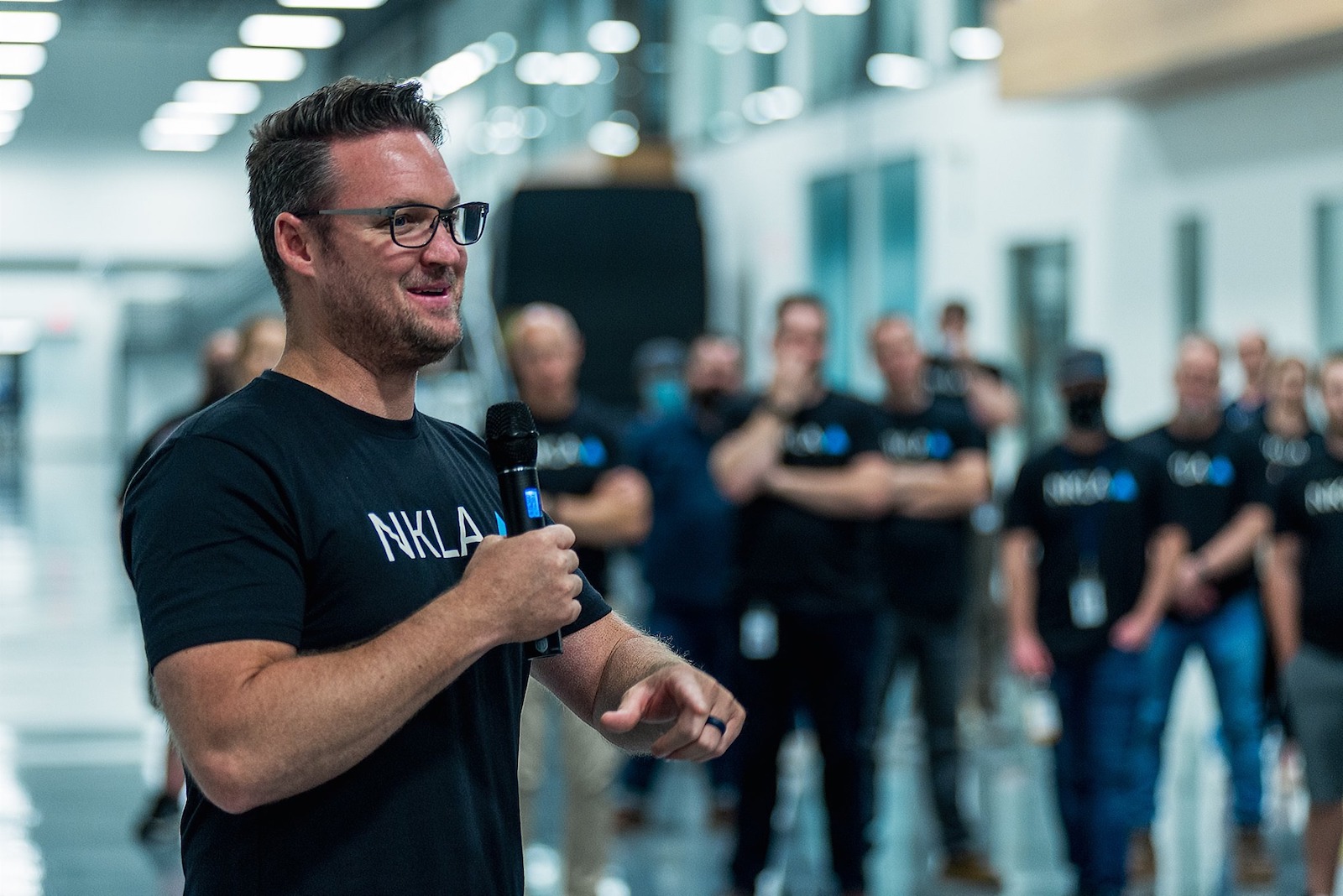
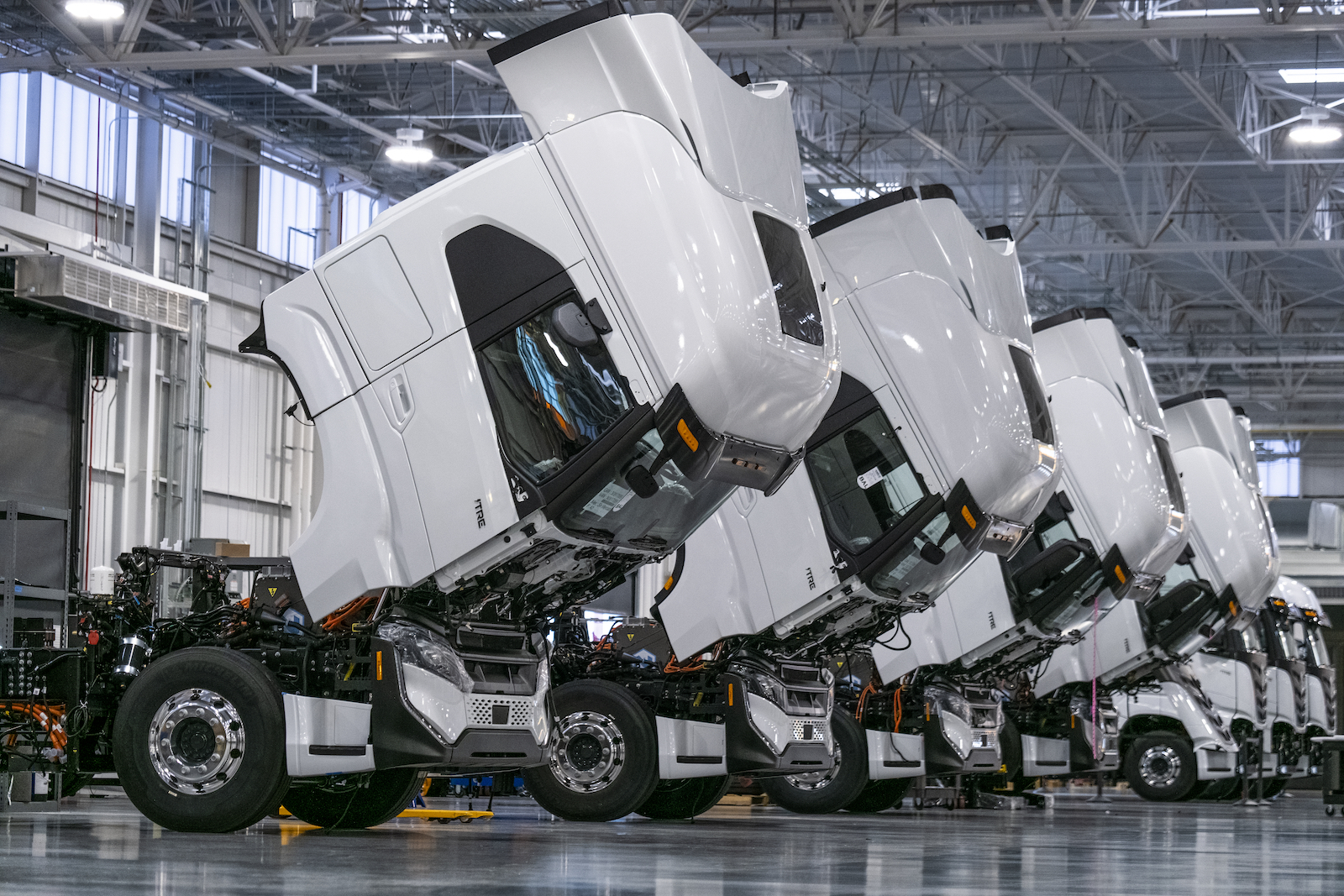
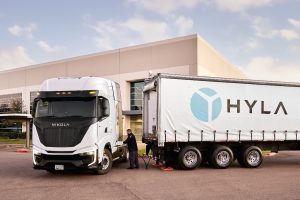
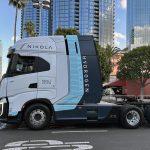
0 Comments